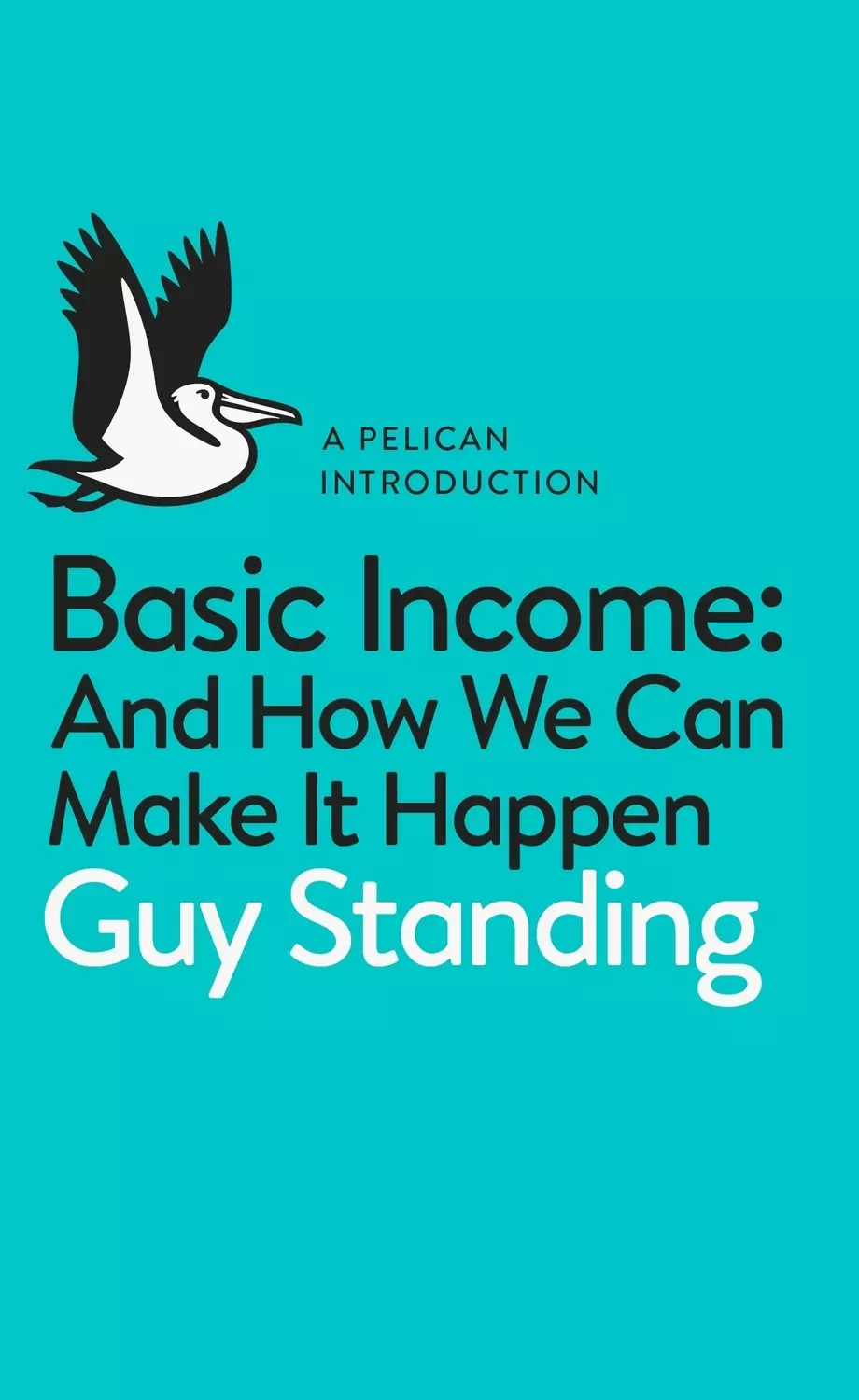Basic Income: And How We Can Make It Happen
Excellent case but needs heterodox economics
Guy Standing deploys his eclectic intellect, persuasive gifts, and personal commitment to great effect in this excellent case for basic income. There are 3 main arguments for basic income:
- Social justice, freedom and security
- Administrative welfare system efficiency
- Economic necessity to fund aggregate demand in high tech economies
Standing makes clear that his own justification for basic income is social justice (p97), and devotes the first four chapters to this theme, which occasionally read as a stream of consciousness. He mentions the argument for administrative welfare efficiency, but only grudgingly admits the case from technology.
He becomes more incisive from chapter 5 when discussing the economics of basic income. The core point is that technology is raising productivity so that wages are not keeping pace with output. Basic income fills the demand gap and would have avoided the 2007 economic crash and current austerity policy. He dismisses the objection of lower work participation eloquently in chapter 8.
But the case for basic income crashes against the objection of affordability. Standing follows Torry, Compass and RSA in testing affordability within financial orthodoxy, ie that government budgets must balance. Tax rates then have to rise to 35%, 55% and 60% to fund even a modest basic income (p136), failing the test of political feasibility, and giving credence to Tim Harford and John Kay’s breezy dismissals (p129).
An alternative heterodox economic paradigm is needed. In the real economy, output GDP is the test of affordability, not the availability of money. Money is simply an intermediary whose own value is determined by the same output GDP, not by gold standards or by sales of government bonds. In a thought experiment where a machine is plugged into the earth to produce all output GDP without any labour, and this GDP is distributed by vouchers issued and destroyed each year, then 100% of GDP becomes basic income, and 100% of GDP is deficit financed. The nuanced claim is that in high tech economies where output increasingly exceeds wage, then basic income is essential and financial deficit inevitable. Recent economic fact supports both these hypotheses. Acceptance of the inevitability of deficit financing renders basic income genuinely affordable by output GDP.
Geoff Crocker 2018

